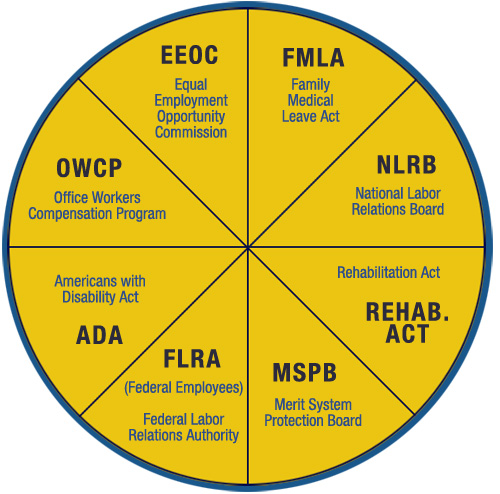Our Organization
- A supreme national body which is governed by an Executive Board between conventions.
- Nine intermediate bodies named Districts
- Local bodies called Locals
The National Alliance is an organization consisting of three levels of authority:
- A supreme national body which is governed by an Executive Board between conventions
- Several intermediate bodies named Districts
- Many local bodies called Locals
The National Officers and District Presidents along with President of the Auxiliary, comprise the Executive Board. The National Executive Board during the interim between conventions, exercise all legislative power not in violation of the National Constitution, By-laws or action of the National Convention.
N.A.P.F.E. is known as a National Union because it has members throughout the United States. Union members generally refer to the administrative level of the Union as the National.
There are five national officers:
- President
- Vice President
- 2nd Vice President
- Secretary/Treasurer
- Editor
National Officers are employed by the Union to serve the membership of the Alliance. The N.A.P.F.E.'s national staff is recruited from the membership of the Union. Having experienced work as an employee of the federal service, National Alliance officers understand the problems encountered in the federal service.
N.A.P.F.E. is divided into nine (9) Districts to provide its membership with effective administration. Each District has a president who serves under the direct supervision of the National President. The District presidents are assistants to the National President and they are responsible for providing service and aid to the Locals.
The Local is the smallest unit of the Alliance's organizational structure. Any twenty or more employees of a federal installation may be organized into a Local of the Alliance for the purpose of establishing their self government consistent with the requirements of the N.A.P.F.E. constitution. Only one Local may be established in a federal installation. Each Local in proportion to its membership strength elects delegates to the biennial conventions.
Any member who is not prohibited by Civil Service rules or conflict of interest can hold office.



 (a) At any stage in the processing of a complaint, including the counseling stage 1614.105, the complainant shall have the right to be accompanied, represented, and advised by a representative of complainant's choice.
(a) At any stage in the processing of a complaint, including the counseling stage 1614.105, the complainant shall have the right to be accompanied, represented, and advised by a representative of complainant's choice.